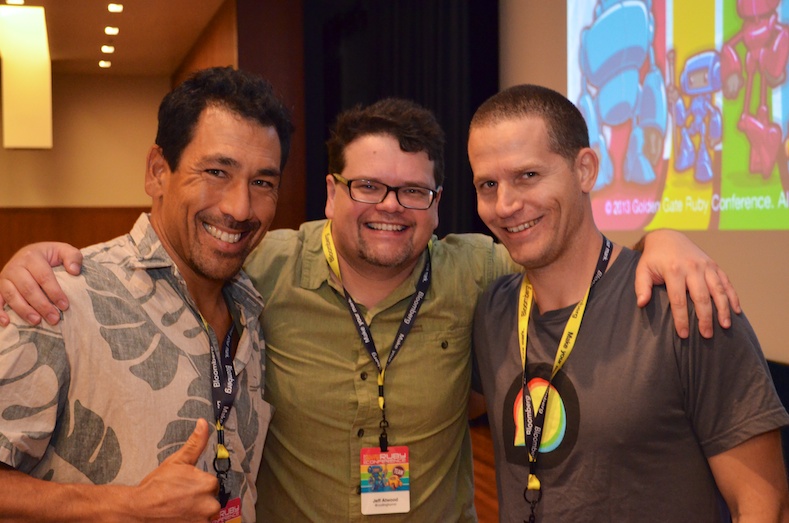Note: This is a refresh of my original post from April, 2013 to adjust for Emacs 24.3 and org-mode 8.2.x
WordPress seemed like a good blogging platform, but it just didn’t feel right. I spend all my day editing text files using vim key-bindings, and I love Org Mode for all non-coding writing. If you don’t know Org Mode, it’s like having Markdown mode on steroids. You can have a numbered list in Markdown, but org-mode lets you re-order the list, and that’s just the beginning. Editing blog documents in the WordPress editor felt almost as bad as being told to use MS Word. I found that ergonomics of Org Mode, including all the goodness of recent versions of Emacs, including Evil (Vim emulation), just made organization of creative thoughts so much more enjoyable.
So I bit the bullet one weekend, and dove into Octopress, publishing my first article, Octopress Setup with Github, Org Mode, and LiveReload. The solution presented in that article Introducing Octopress Blogging for Org-Mode stopped working when I upgraded Emacs to 24.3 and org-mode to 8.2.x. Here’s a rehash of my original article updated to the latest software versions as of March, 2014.
If you used to writing real web applications, rather than know the intricacies of a giant monolithic blogging platform, then the customization of Octopress seems so much more straightforward. This is so much more like the Unix philosophy that so many of us love, which is small and modular, rather than monolithic.
